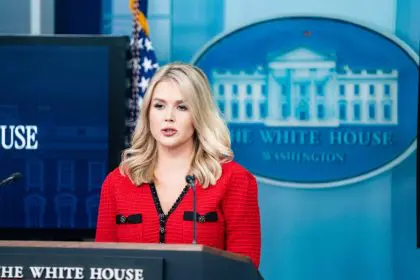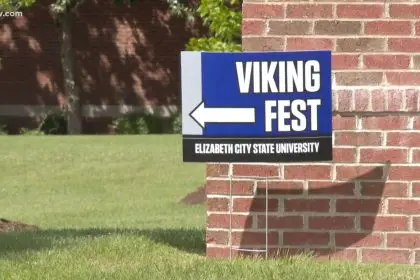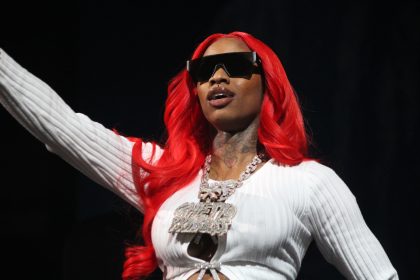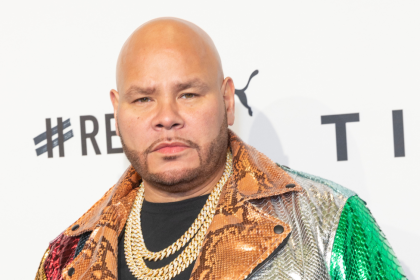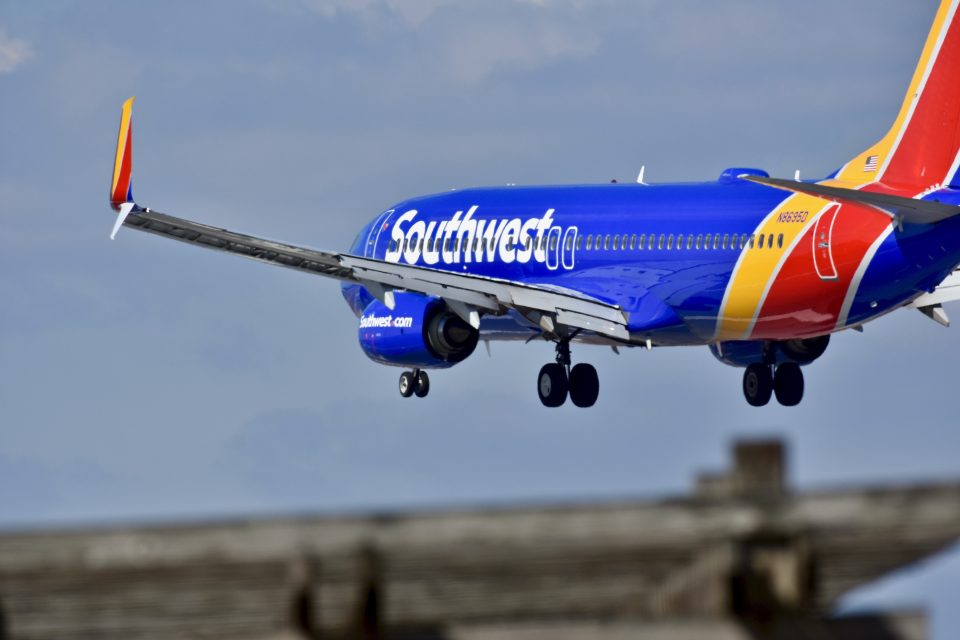
Southwest is one of the largest airlines in the United States, but over the holidays, many were left stranded with canceled flights and no answers from staff. A winter storm over the holiday weekend caused most carriers to delay flights. But Southwest had an enormous number of cancellations, compared to Delta Air Lines, American Airlines, and United Airlines, who each canceled fewer than 40 flights over the last three days.
Over 2,500 Southwest flights were canceled, causing travelers to rent cars, book extended hotel stays, and spend additional money to rebook their travel with other airlines. What caused such a massive amount of cancellations from Southwest? A combination of bad operations and timing.
Southwest schedules flights that are shorter distances to create tighter turnaround times. When most of their flights are canceled, flight crews and workers experience a shift in the schedule, limiting the number of available aircraft, pilots, and crew members on duty. The extreme weather left some crew members stranded, and systems were down, which prevented Southwest employees from communicating with the airline and each other. The COO of Southwest, Andrew Watterson, told CNN that the company’s outdated scheduling software quickly became the culprit of the cancellations once the storm cleared.
“Our technology could not handle matching up those crew members with the aircraft,” Watterson said. He also mentioned that the airline’s operations had mostly stayed the same since the 1990s. Southwest has experienced issues with its processes before. Last year, Southwest canceled roughly 2,000 flights in October, which cost them almost $75 million.
The airline will have to win back the trust of its loyal customers. This means offering compensation for flight delays and incentives for passengers to shop flights with them again.
“To date, they have blamed the problems on the weather — when in reality, system failures play a much more significant role. Southwest needs to take complete ownership of the situation,” PR and crisis communication expert Katherine McLane shared with Forbes.


